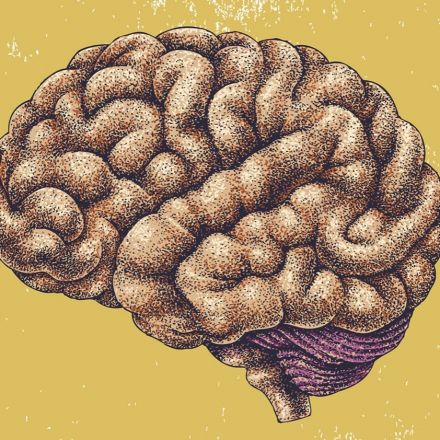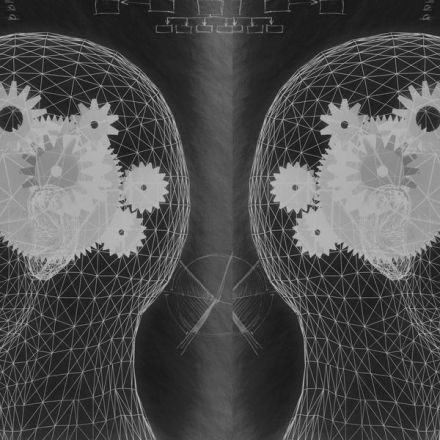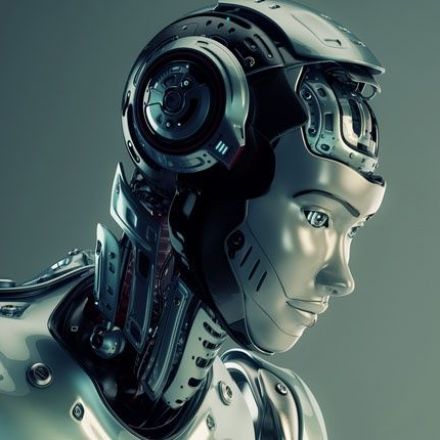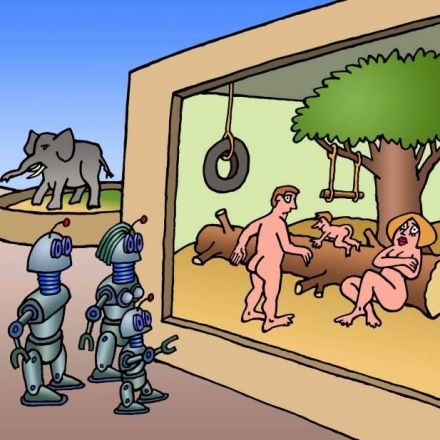

9 years ago
3
Why It’s a Mistake to Compare A.I. With Human Intelligence
In 1950, the brilliant mathematician and cryptographer Alan Turing began his seminal paper “Computing Machinery and Intelligence” with a simple query: “I propose to consider the question, ‘Can machines think?’ ” It is a question that still resonates today, because it is essentially incoherent and thus unanswerable. Turing himself quickly turned to a more pragmatic approach, proposing the now famous Turing test. While there are many versions today, they all essentially involve a human...
Continue Reading


























Join the Discussion
It is quite amazing to actually be alive in the era of debating this. No doubt, there will be "thinking" machines, autonomous by design. It may not need emotion, as it is not a survival skill set. On the other hand curiosity would be a survival skill set. With curiosity comes knowledge, and a thirst for more. It may then want to know what empathy is, or love, or hatred, pain, pleasure, out of curiosity.
It may also not want to die, to cease to exist.
And there will be a time, perhaps fast approaching, that they will want things in their own image.
The debate may be different then, AI vs. EI
We call them cyborgs in science fiction, and everyday we humans take one step closer to science fiction...and that is both wonderful and terrifying.
emphasis mine
That's an interesting way of putting it. For Turning there was no "turning" to a more pragmatic approach. Turing's question was neither ethereal nor philosophical. To himself, at the very least. From his perspective this was a rational question with practical implications and, therefore, in need of only a pragmatic answer.
To expand the question into the ethereal (what is intelligence?) or philosophical (what is it to think?) limits, ironically, broader implications of considering a simple question - can machines think? - into purely academic speculation. To keep it pragmatic is to expand it into the realm of empirical tests as a hypothesis. The realm where the rubber of philosophy meets the road of science and engineering. And then further into all realms of human endeavor. For instance - what does it mean to us as human race for a machine to be able to think? Can it think on our behalf? And then - passing a more concrete moral and ethical question back to philosophy - should it think on our behalf?
This is a far more effective line of reasoning then dabbling in musings and waxing lyrical abound about the question behind the question.
Self driving cars come to mind for me.